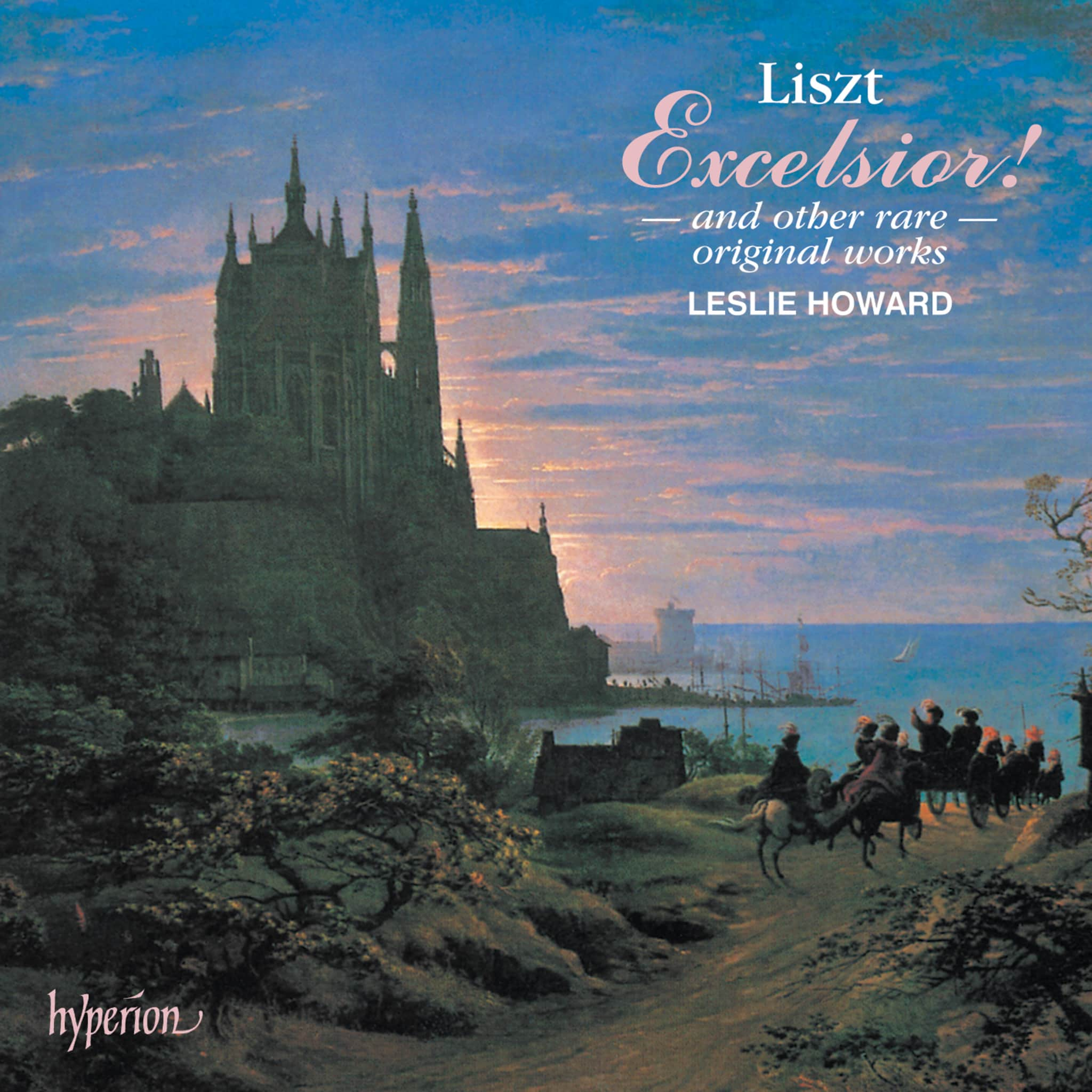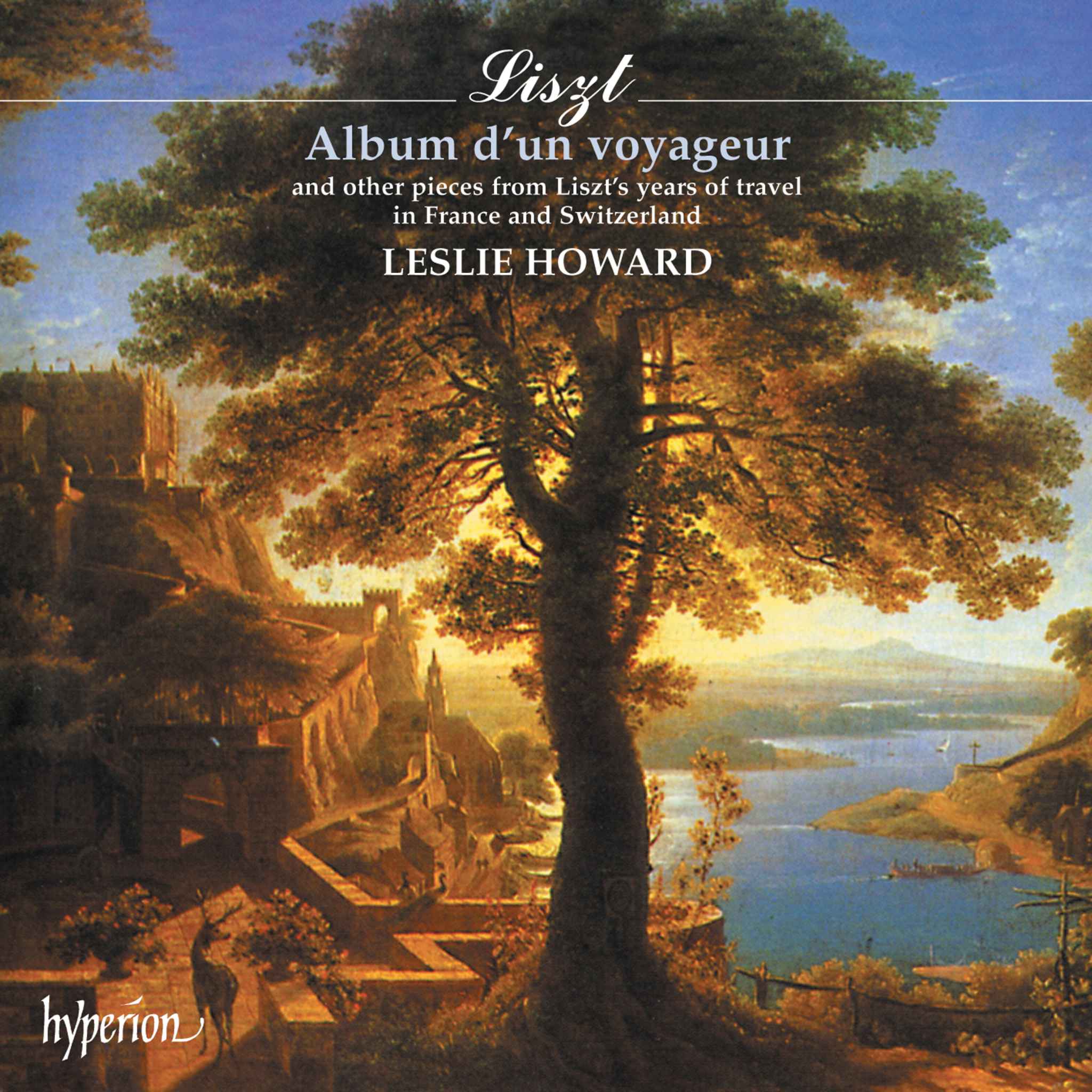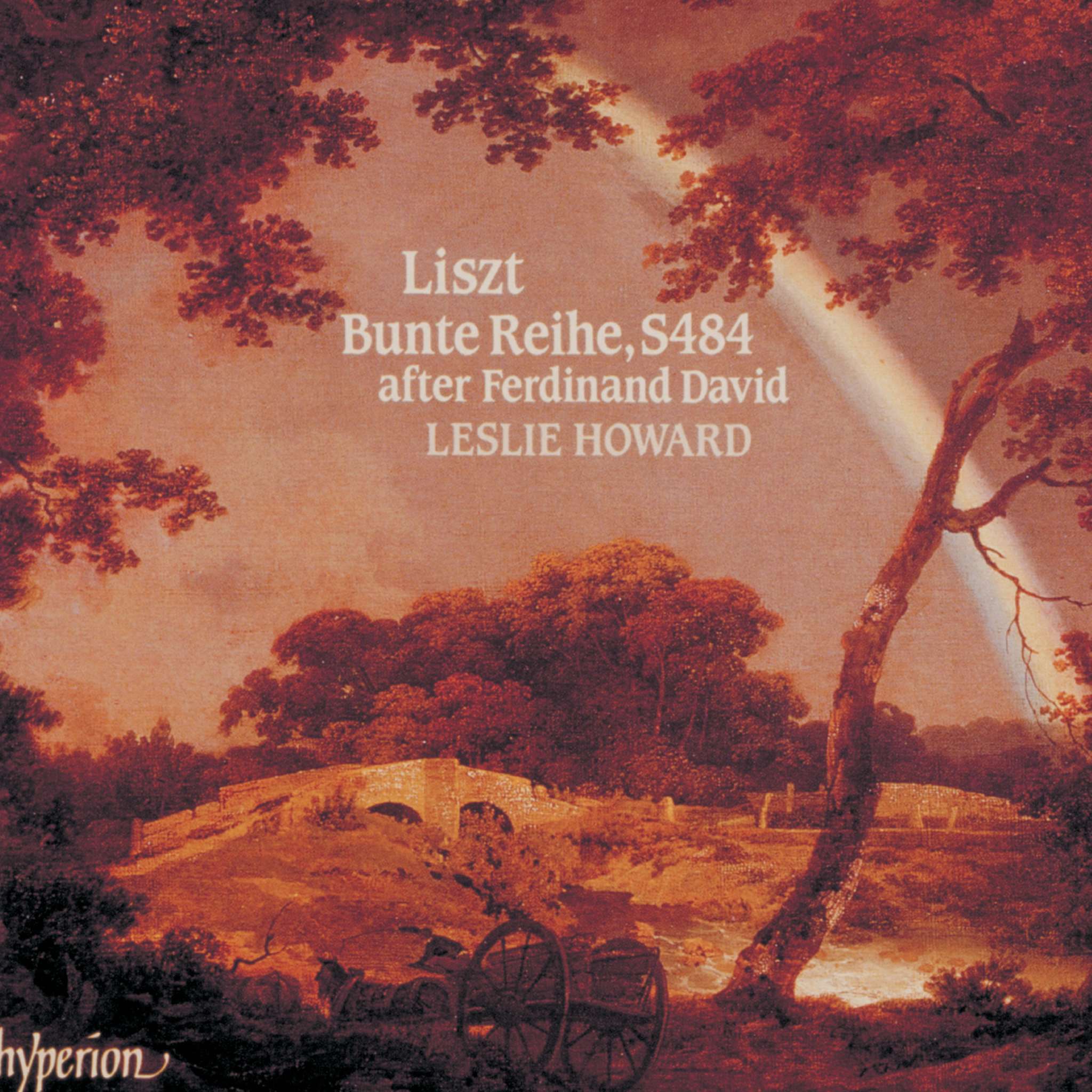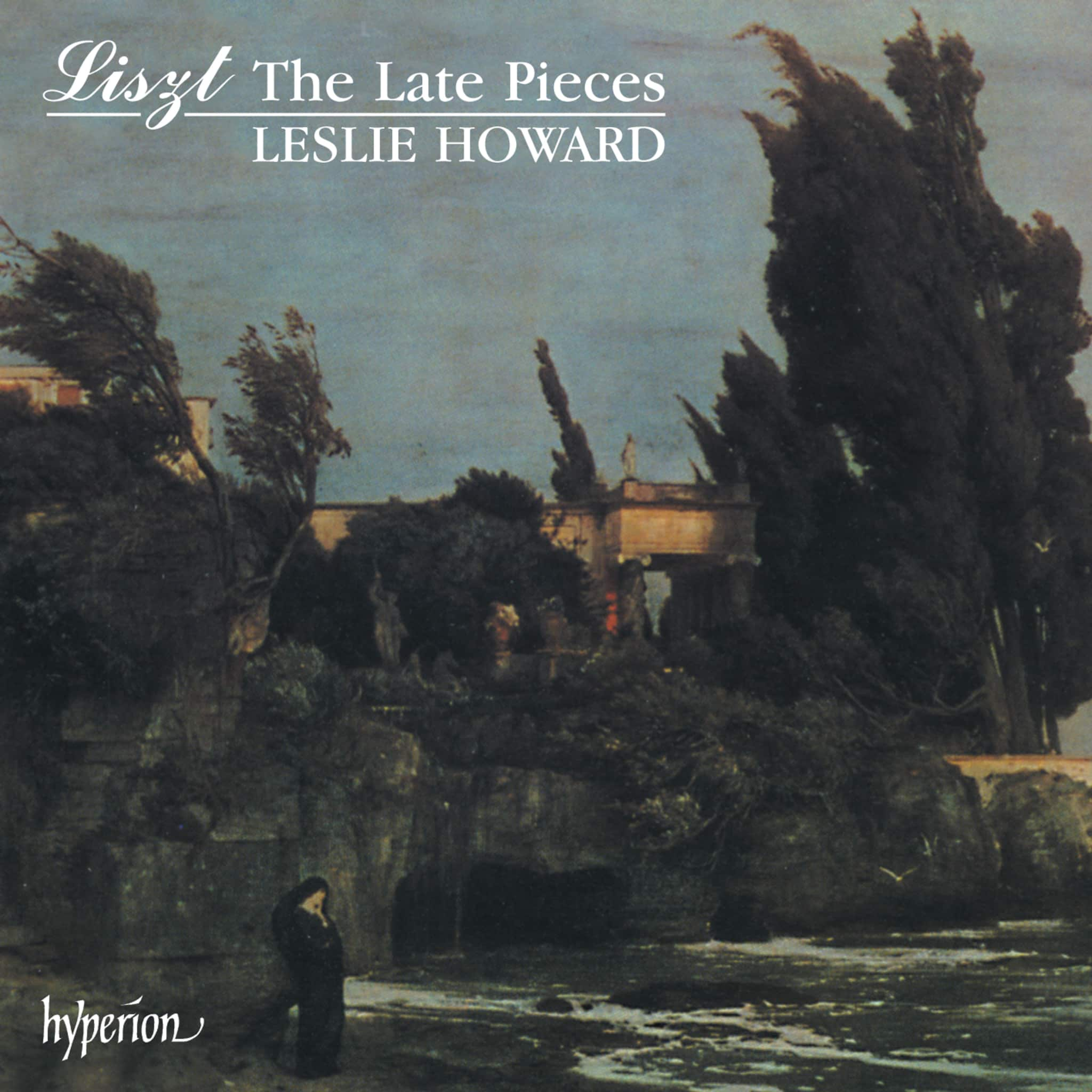Album insights
Sergei Rachmaninov described Medtner as the greatest composer of their time. Despite praise from esteemed musicians and critics, Medtner was often overlooked by the general public, except for a few dedicated musicians. His career faced challenges due to his personal circumstances, the era's spirit, and the unique nature of his art. Medtner's music started gaining appreciation in recent years, especially through a collection based on his cycle of fourteen piano sonatas, showcasing his exceptional talents.
After graduating from the Moscow Conservatory as one of Safonov's brightest piano students, Medtner abandoned a potential career as a concert pianist for composing. He found support from Tanejew and garnered recognition in Russia, receiving the Glinka Prize for his compositions. Scriabin and Rachmaninov overshadowed Medtner internationally, leading to his music being predominantly unknown beyond Russia.
War and revolution led Medtner to leave Russia in 1921, only to return briefly in 1927 for a successful concert series before settling in Paris. Despite facing hardships, Medtner continued his devotion to composing. His later years, supported by the Maharaja of Mysore, saw challenges with recordings and accessing sheet music.
Medtner's staunch musical beliefs often labeled him as a conservative, despite his innovative use of traditional music elements. His compositions, especially the fourteen piano sonatas, displayed his intuition for counterpoint and mastery of musical structure, highlighting his inimitable talent.
Medtner's musical essence drew from both Russian and Teutonic influences, blending emotional depth with technical expertise. His focus on piano compositions, including the renowned fourteen sonatas, showcased his mastery and creativity.
The cycles of forgotten melodies collected during Medtner's time in Bugry presented a reflection on his life and captured diverse emotional landscapes. These pieces demonstrated his emotional depth and intricate storytelling capabilities.
Later works like the "Sonata Romantica" and "Sonata Minacciosa" reflected Medtner's defiance against prevailing modernist trends and showcased his intellectual rigor and emotional depth. The "Sonate-Idylle Op. 56" marked a return to simpler, more marketable compositions, offering a glimpse into Medtner's unwavering artistic integrity amid personal and professional challenges until his last days.
Barrie Martyn's comprehensive account of Medtner's life and music reveals a composer dedicated to upholding the timeless principles of artistry amidst changing tides in the 20th-century music landscape.






